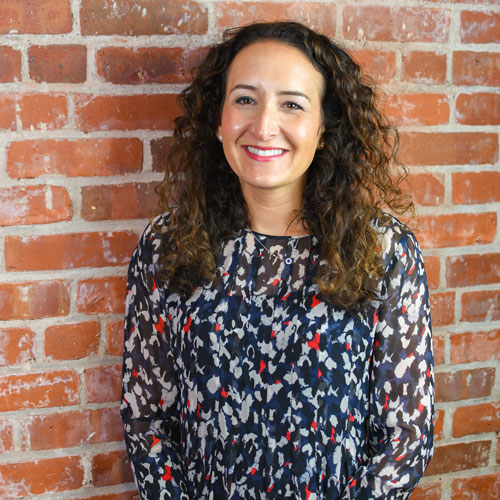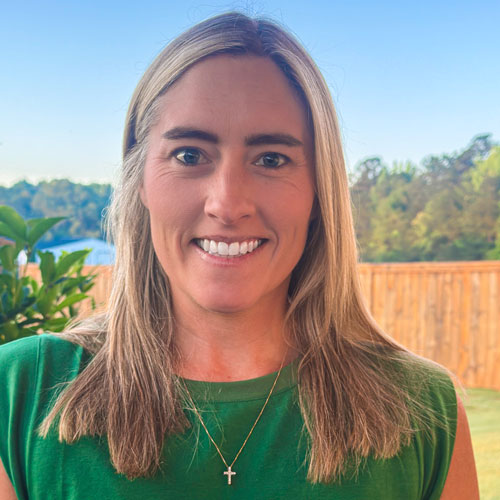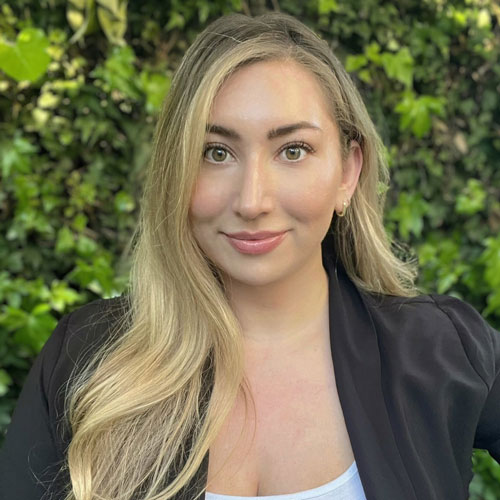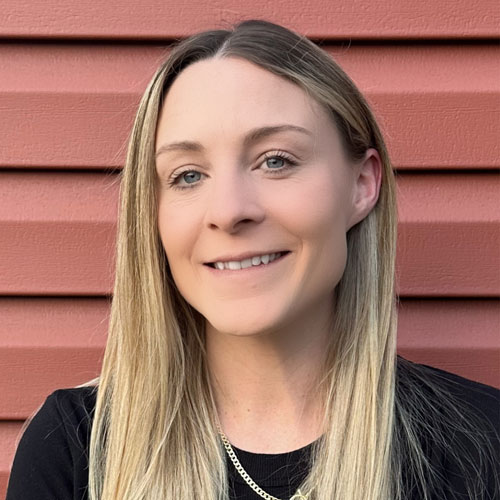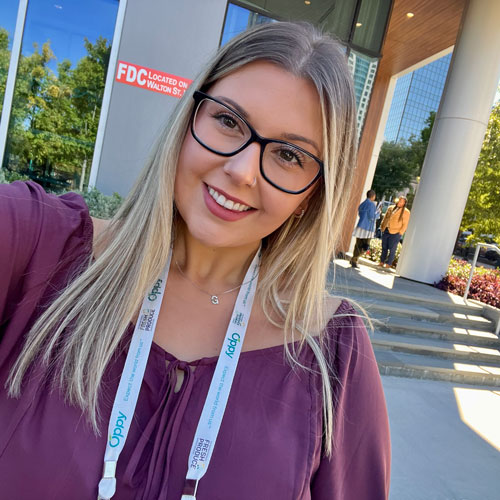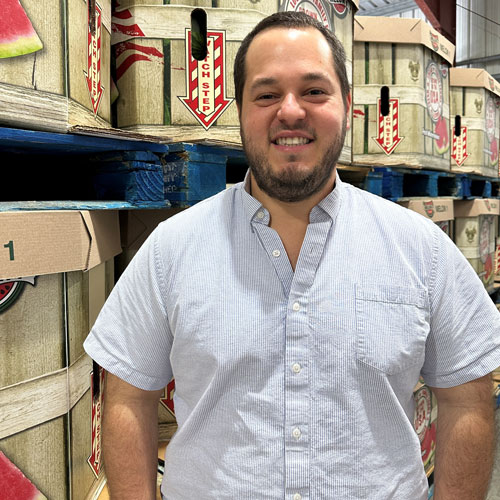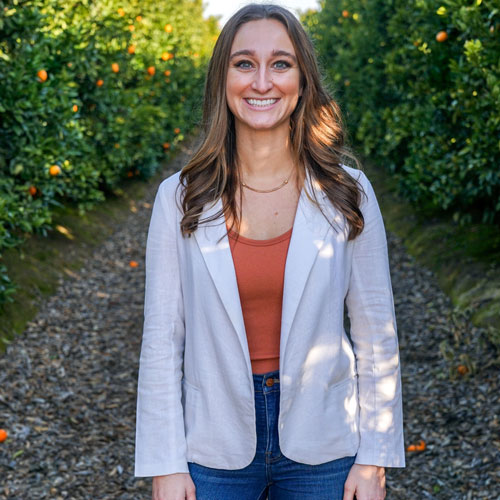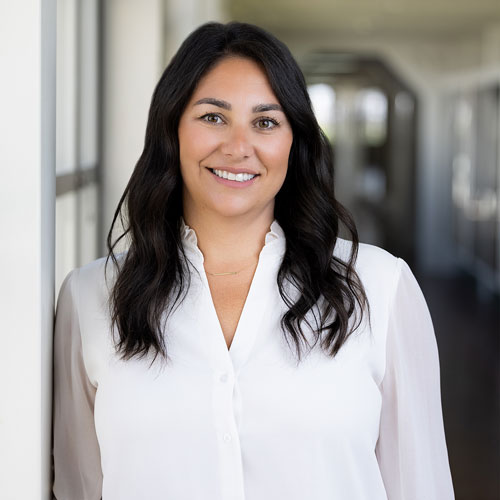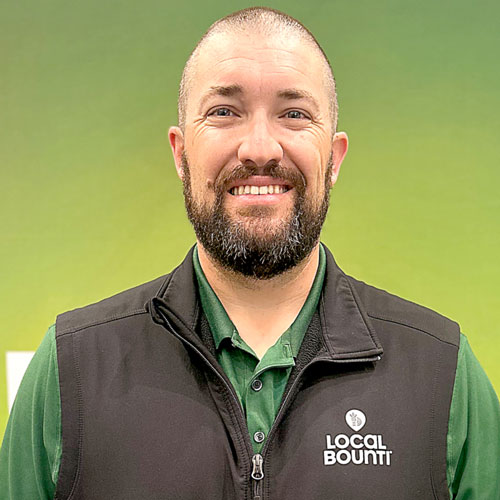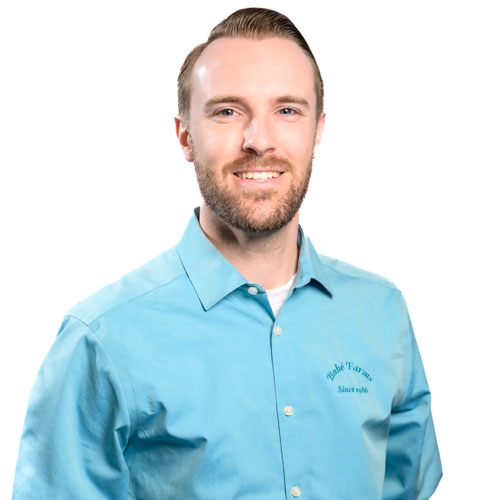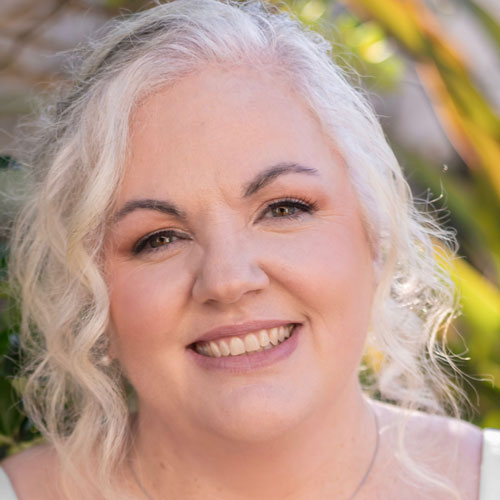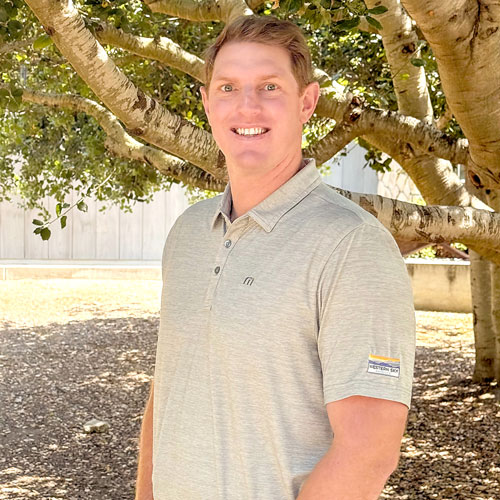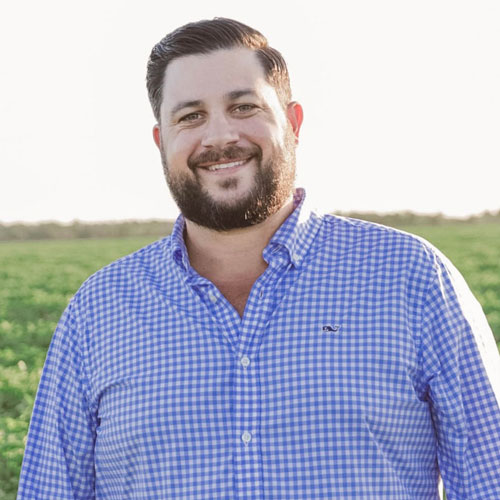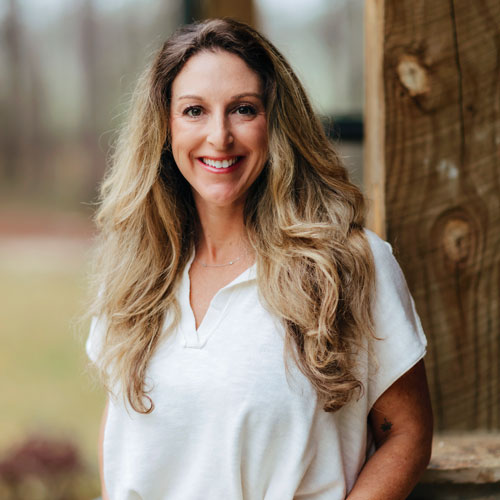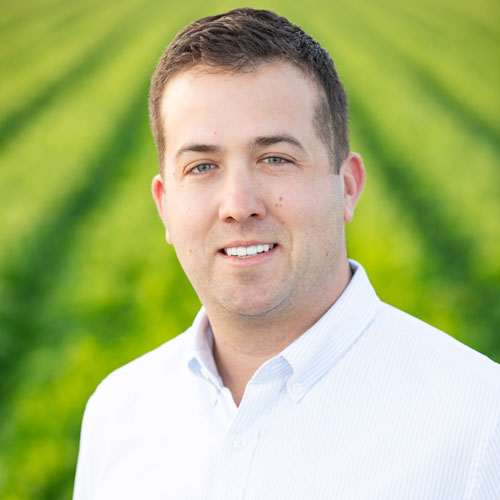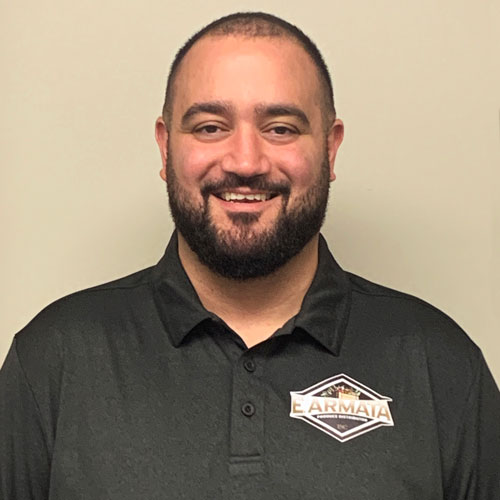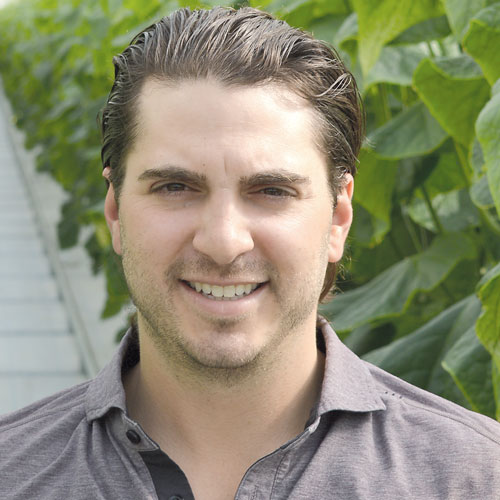2023 Produce Business 40 Under Forty Award Winner: John Collotti
December 6, 2023 | 3 min to read

Age: 38
Director of Operations and Purchasing
Collotti and Sons Inc.
Philadelphia, PA
Hometown: New Jersey
Hobbies: Guitars, Watching baseball
Family/Community: Married, 1 daughter
Motto in life: Don’t look back.
Over the last 20 years, Collotti has worked his way through the company in such roles as porter, warehouse manager and eventually controller. He put himself through Stockton College, where he obtained a bachelor’s in both finance and accounting. He worked during this time selecting orders, received his CDL and started making direct store deliveries. In 2015, he moved up to be in charge of purchasing berries and carrots. He took on his current role of controller in 2018 and is responsible for purchasing and running day-to-day operations. In this position, he has worked with multiple vendors to enhance the company’s distribution processes. He has also implemented advanced technologies throughout the company around such things as quality and control.
His accomplishments also include founding Rufus Trucking and implementing and overseeing West Coast Trucking Network. Rufus Trucking handles local produce delivery routes and West Coast Trucking Network handles inbound freight from the west coast.
Q: How did you begin working in the produce industry?
It was supposed to be a temporary job until I could find a position in corporate finance. I’m still here after 13 years.
Q: What do you know now you wish you knew when you first started your career?
Don’t be afraid to take chances.
Q: What aspect of the business challenged you the most early on?
Getting customers to buy organic products. Now, younger buyers are demanding more organic products and we have been able to fill the niche.
Q: What would you like consumers to know about the industry?
The produce industry changes rapidly due to buying trends.
Q: How has the industry changed during your tenure?
There is more produce being bought and sold than ever due to importing. Our growing partners have made huge investments in Mexico, Peru and Chile to keep us distributing products year-round. Also, the way we sell has changed. There is not a lot of foot traffic, and customers do not walk the market like they used to. We had to get aggressive and pre-sell more using social media, texting and emailing what we have.
Q: What accomplishment are you most proud of in your career?
Probably when we went live with our software system. Before, we used to write orders down manually on hard tickets and keep inventory on a board sheet. It was a tough transition, teaching everyone the new system and troubleshooting when something went wrong, but it helped us grow and move more product.
Q: What advice would you give someone new to the produce industry?
You have to be dedicated — it’s a 24/7 business.
Q: What do you see as a critical issue facing the industry in the next decade and why?
Supply chain and inflation. We were hit hard with the pandemic. Everything we sell is brought in by truck, whether it is lettuce from California, tomatoes from New Jersey or grapes from Peru. There are many variables getting a product to us. Also, inflation has made it hard for our local growers to make a profit on what they grow. A lot of our small farmers have sold their land or sold out to larger companies due to not being able to stay afloat.







